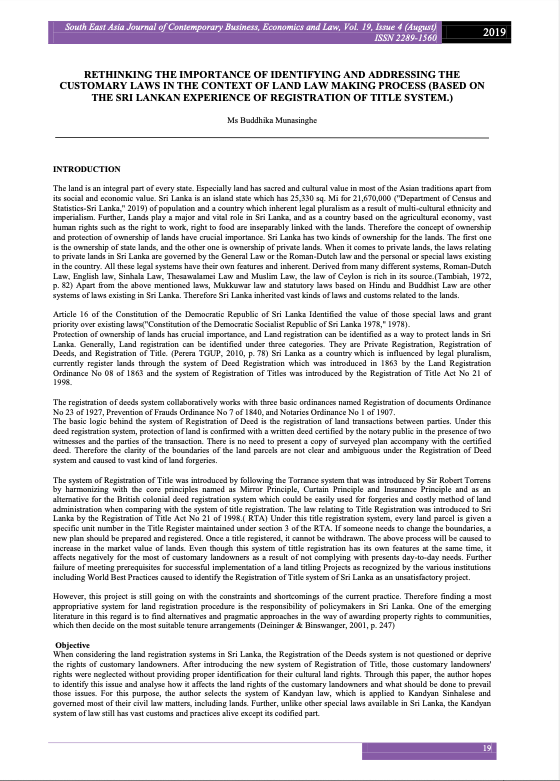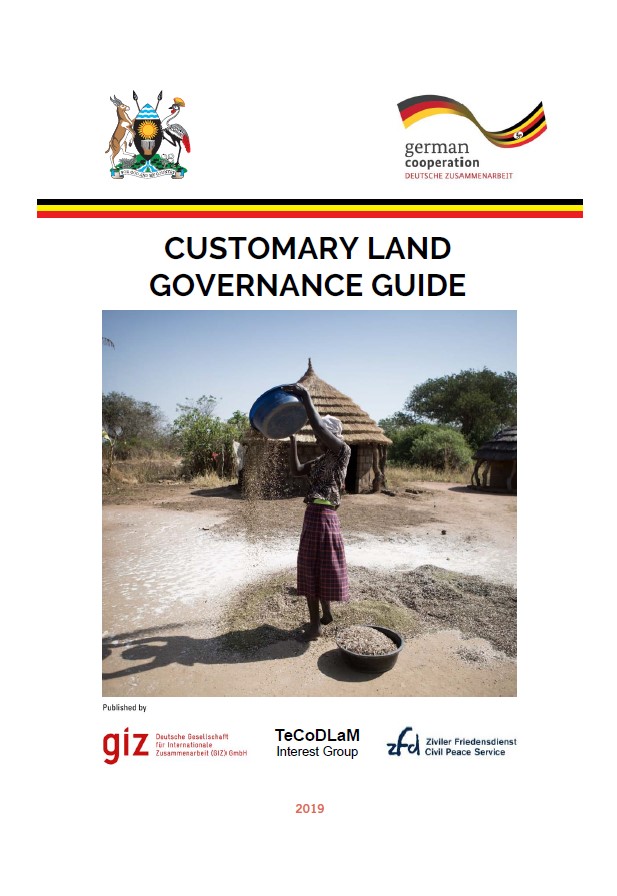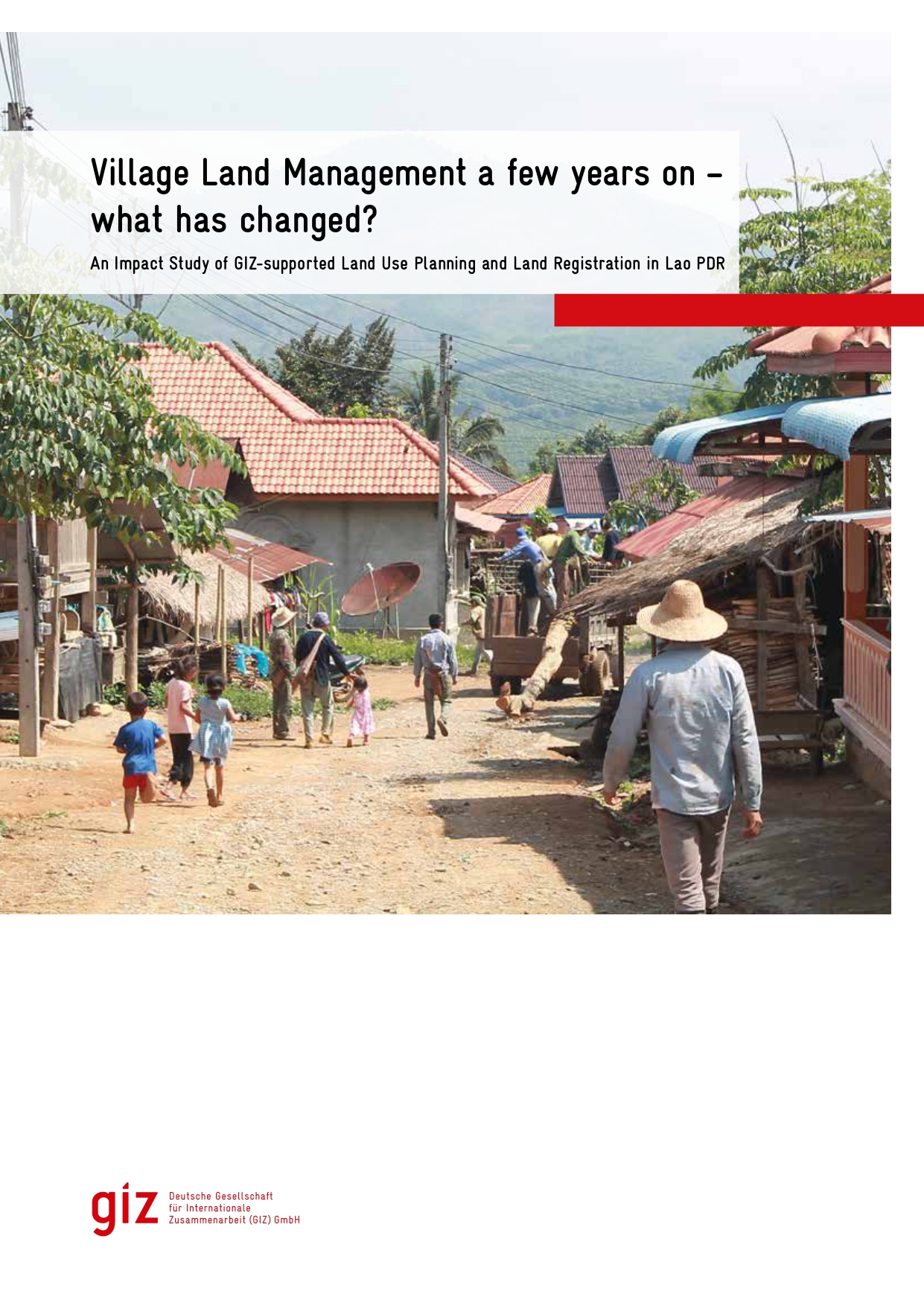The legislative and institutional framework for war affected land rights in Iraq:
Land and property rights in Iraq are an important component of recovery, particularly subsequent to the ISIS conflict. The return of 3.3 million internally displaced persons (IDPs) due to the ISIS conflict are encountering claimants who were dislocated from
previous wars and expropriations. This results in numerous land conflicts that if not dealt with will contribute to the country’s instability. Of primary importance in this regard is an ongoing discussion in government and the international community which







